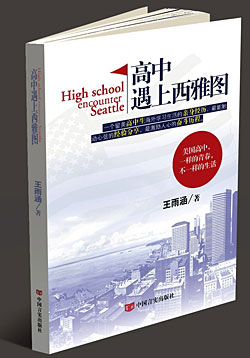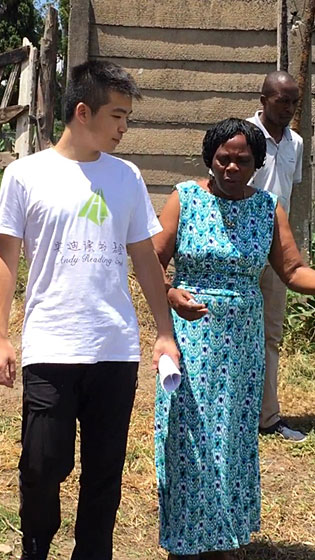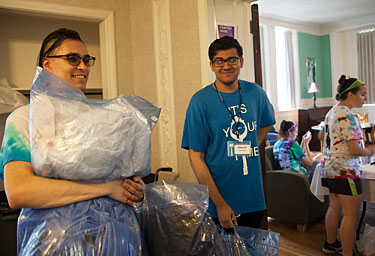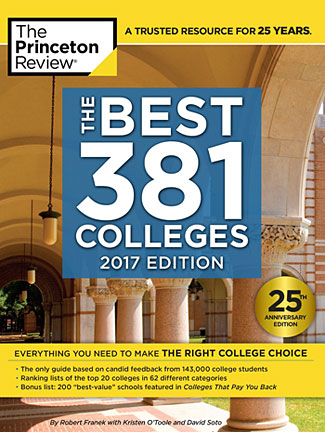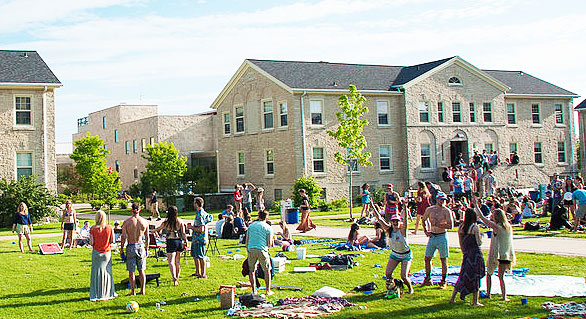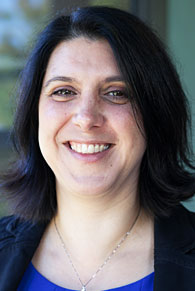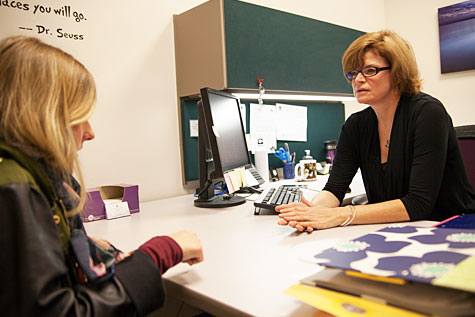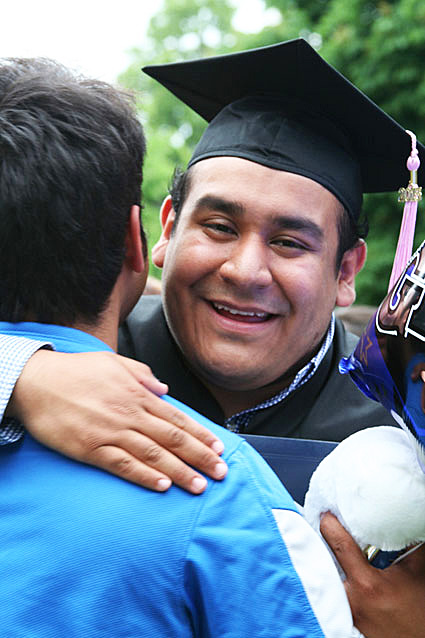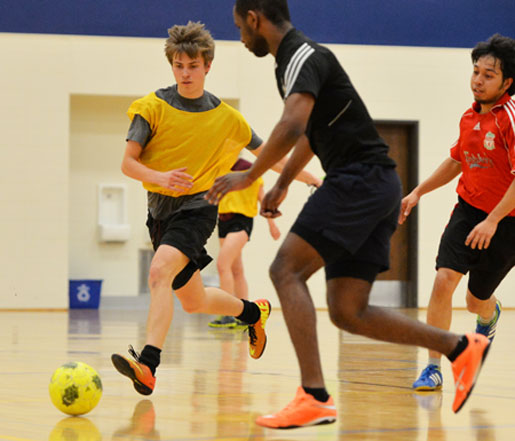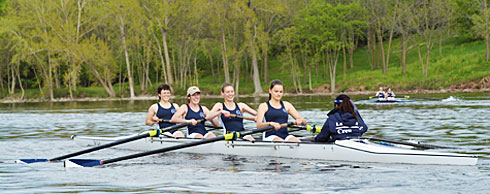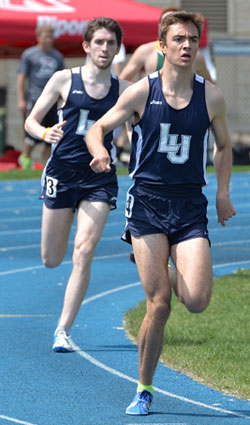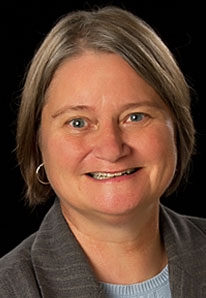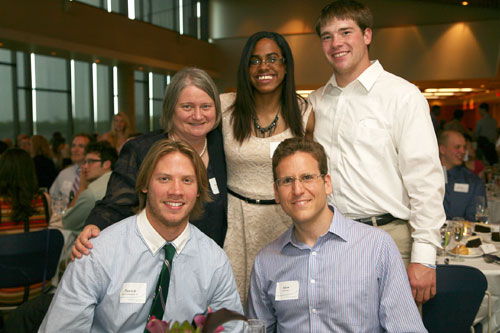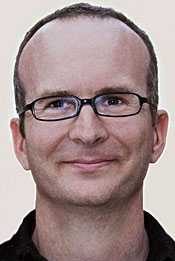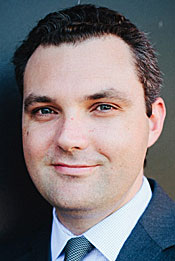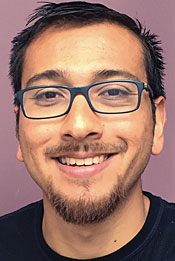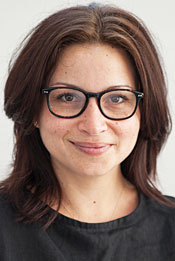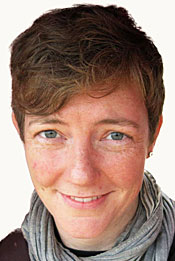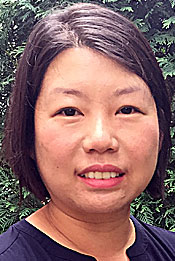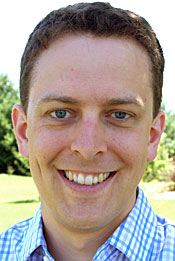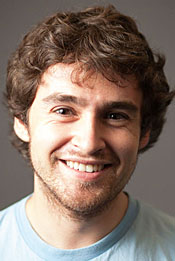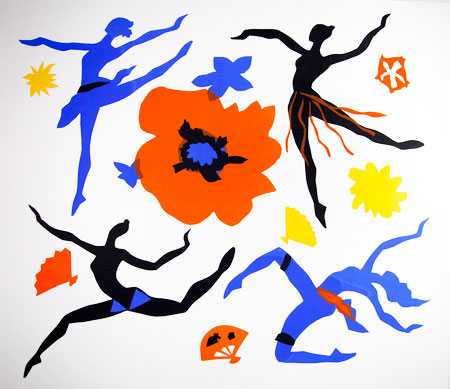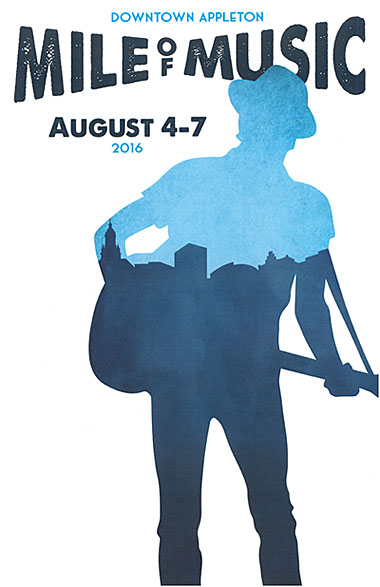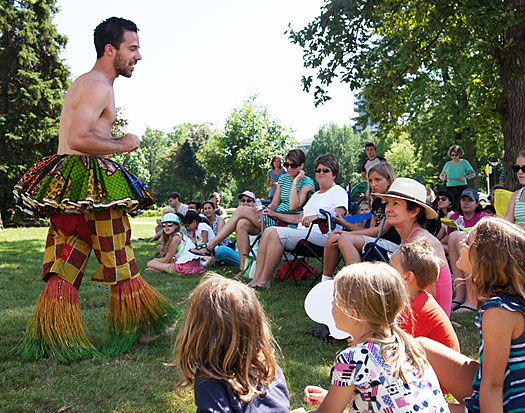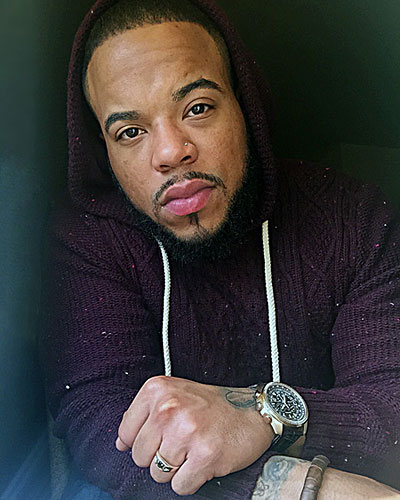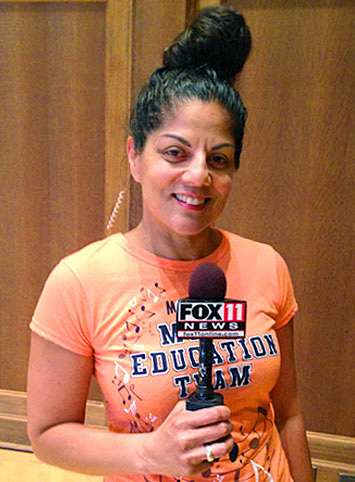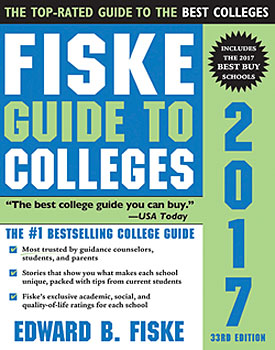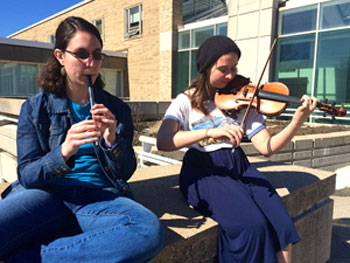The Lawrence University community is mourning the passing of Patrick Boleyn-Fitzgerald, who died Sunday, Sept. 4 at his home with his wife, children and two of his siblings by his side. Patrick was 50 years old.
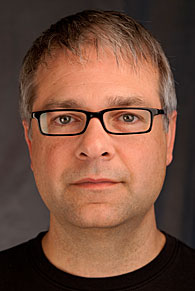
Patrick was best known for his extremely successful career as a member of the philosophy department at Lawrence. He served as the Edward F. Mielke Professor of Ethics in Medicine, Science and Society and Associate Professor of Philosophy. His courses were immensely popular and he was highly respected for his intelligence, thoughtfulness and brilliant scholarship. His great concern for ethical and humane treatment of all persons was deeply admired by all who knew him. Among his many contributions to Lawrence he served for a time as department chairperson.
Born in Marysville, Ohio, to Larry and Barbara Fitzgerald, he was the youngest of seven children. A member of Marysville High School’s class of 1984, he graduated from Miami University in Oxford, Ohio, in 1988 with a bachelor’s degree in philosophy and economics. At the University of Arizona he earned a master’s degree in philosophy and began working on his PhD in philosophy. He attended Oxford University in England for two years where he earned an M.Phil. in politics. He met his wife, Miriam, while working as a research analyst for President Clinton’s Advisory Committee on Human Radiation Experiments, a bioethics committee charged with investigating the history of cold war human radiation experiments. Patrick returned to the University of Arizona and finished his Ph.D. in philosophy in 1994.
After completing his studies, Patrick taught philosophy and legal/medical ethics at Louisiana State University from 1994-2001. He moved to Appleton in 2001 to begin teaching at Lawrence. He achieved tenure and promotion to the rank of associate professor in 2005.
In 2002, Patrick and Miriam welcomed son Aidan and in 2011, son Finn into their family. They made many friends in Appleton and are very grateful to all who have supported them with seemingly unlimited help through Patrick’s lengthy battle with kidney cancer.
Patrick has been described as a deep ocean, reflecting what is real and true and kind in us all. His quiet, penetrating intelligence might have been intimidating, except that he was also full of wit and loved to laugh. He taught ethics by demonstration, modeling peace and forgiveness. He did not play by different rules in times of crisis — not even when the stakes were highest — and his writings were clear, compassionate road maps to creating positive change in the world from the inside out
He turned to science fiction and fantasy for play, where ethical dilemmas resolve in infinite outcomes and he was an unapologetic geek in facts and fantasy sports. He loved building things with his own two hands. Mostly, he loved — passionately, abidingly and completely — Miriam, Aidan and Finn, his family and friends, and beyond them, the world.
A memorial service celebrating Patrick’s life will be held on the Lawrence University campus at date to be determined.
About Lawrence University
Founded in 1847, Lawrence University uniquely integrates a college of liberal arts and sciences with a nationally recognized conservatory of music, both devoted exclusively to undergraduate education. It was selected for inclusion in the book “Colleges That Change Lives: 40 Schools That Will Change the Way You Think About College.” Engaged learning, the development of multiple interests and community outreach are central to the Lawrence experience. Lawrence draws its 1,500 students from nearly every state and more than 50 countries.

